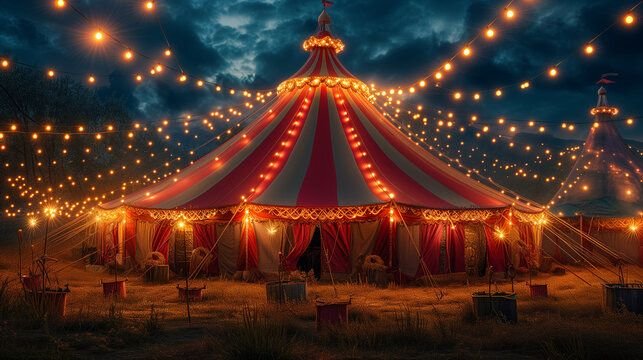He was billed as “The Laughing Man.” The hand-painted posters showed him mid-prank, a paper hat crumpled on his head, a ludicrous grin stretched unnaturally wide. Children pointed and laughed before ever seeing him, and adults smiled thinly, for they had forgotten their childhood joy. He waited behind the curtain, the grime of years soaked into the red velvet. His costume itched, a stitched patchwork of old motley, heavy with old sweat. His makeup cracked was at the corners of his mouth, which he had stretched so often it felt no longer his own.
The drumroll began.
He entered.
And the laughter struck onto him.
Not laughter at his jokes, which had not yet been told. Not laughter at his pratfalls, which he had not yet performed. Not laughter at his antics, which had not yet begun. But laughter at him, at his very existence, as though he had entered the ring not as a man, but as some haphazard, pitiful accident of creation. When man is seen naked of his pretenses, the crowd calls it comedy.
He stumbled into the center of the ring.
It had always begun this way, but he had hoped—foolishly, greedily—that today would be different. That perhaps today they would laugh with him, not at him. That they would see the performance, not the performer. Hope, he had had it crushed repetitively, to some an extent that he questioned his hope. He questioned why hope when all of his audience is hopeless.
He juggled three faded balls; they fell, clattering absurdly around his boots. The laughter rose.
He bowed low, nearly scraping the sawdust with his forehead, and attempted a cartwheel. His arm gave way and he collapsed into a heap. The laughter became shrieks.
He rose, humiliated yet obedient, as a dog rises at the crack of a whip.
When the show ended, he did not return to the performers’ tent. He slunk behind the bleachers, where the smell of urine and stale popcorn hung heavy. Everyday, though the concept of hope had been stolen from him, he felt like he was a dog. Neglected and laughed at, incapable of human rationality, and controlled by a whip. He who offers himself for ridicule must also drink of its poison.
He thought of how once, years ago, he had laughed freely, as other men do. He could barely remember the feeling for an endless hammering of shame and expectation had turned him from a boy into a caricature of a man. The circus owner approached him once.
“You do good work,” the owner said, his mouth twisting into a leer that smelled of cheap cigars. “You make them laugh.”
He wanted to protest. But what could he say? That he was a human being? That he was trying? The owner clapped him on the back so hard that he stumbled forward. He said nothing.
He was a puppet because he was controlled, he was a well because he had become hollow and deep from disdain, and he was a wound because the wound in him was so big, he had formulated himself as one. Greatly of all, though, he was a dog.
Each night, he lost one of his three faded balls. Each night, he bled a little more of himself into the sawdust. One night, he refused to rise when the drumroll began. He sat backstage, trembling, while the ringmaster hissed at him to go on. The crowd waited. The drum rolled. The tension thickened like curdled milk. But he would not move.
And slowly, the laughter began without him. Rising. Swelling. At the empty ring. At the absent performer. As if he were funnier in his absence than in his presence. Man will laugh at even the presence of his cruelty, so long as he is not the one being heard. That night, under the flapping canvas, he tore off his costume. Scrubbed his face until the paint stained the basin red. Threw the faded balls and threw the leash on him—he was no longer a dog.
He left the circus grounds walking barefoot into the dark. No one tried to stop him. In the morning, the posters were taken down.
A new clown was hired by nightfall.
